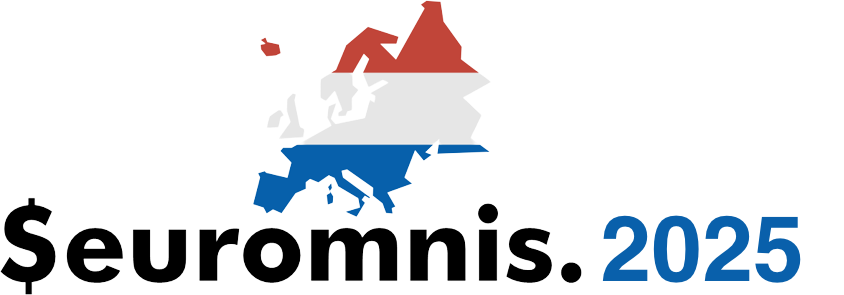Germany
4 days / 20 talks
Awesome and great speakers
October 7-12
This years speakers are yet to be announced but look at last years super speakers
About Speakers
Topic flexibility
If the audience raises a question which takes a speaker into an area not directly related to the core topic, then the group can agree to pursue that line and return to the core topic afterwards. This is only possible because the subjects indicated for the speakers are a proposal, a guideline rather than a strict rule.
Check the
Workshops
In some cases, if two sessions you want to attend are taking place on a particular day, you do not have to choose one and miss the other. You can attend one on Monday and the other the next day
Check the
Schedule
There is less of a time limit. If a speaker is covering a topic that his or her audience enjoys and they go into greater detail than anticipated, they can keep going into the afternoon or evening
This years speakers are yet to be announced but look at last years super speakers














